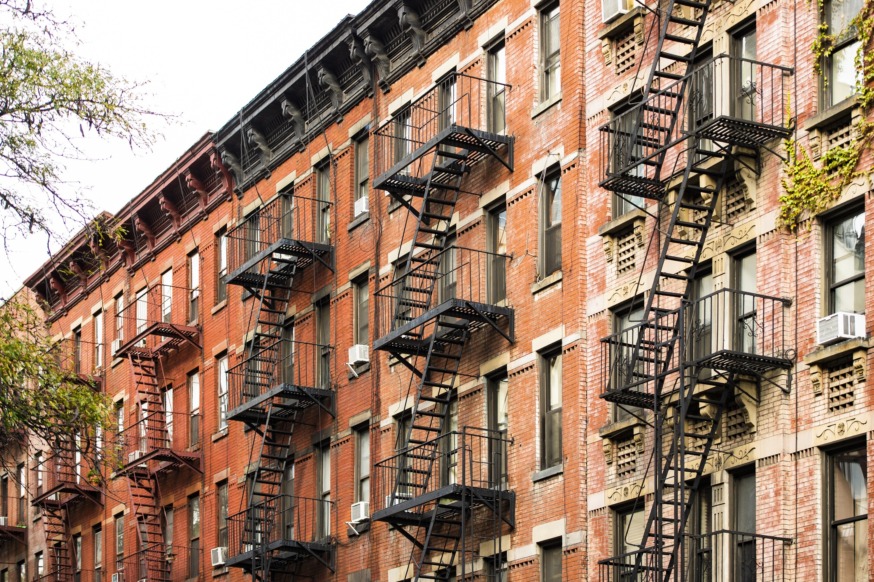
The state announced Monday that it has streamlined the application process for its Emergency Rental Assistance Program (iStock)
July 27, 2021 By Allie Griffin
The state announced Monday that it has streamlined the application process for its rent relief program that aims to cover New Yorkers’ unpaid rent.
The announcement comes one day after U.S. Sen. Chuck Schumer said the state was too slow in distributing payments from its $2.7 billion rental assistance program, funded mainly by federal pandemic relief money.
Applications for the program opened on June 1, but the state has only paid out about $100,000 to needy renters thus far. If the state doesn’t distribute the funding by the end of September, the unused money will have to be returned to the federal government.
The delay is also likely to lead to more renters losing their homes, Schumer said. The state’s eviction moratorium, for instance, expires on Aug. 31.
Schumer said there was no time left to waste on Sunday.
“Thousands and thousands of New York tenants could be deprived of critical rent relief checks if the state doesn’t move more quickly on getting this money out,” he said Sunday. “Today, I am formally asking [the state] to move heaven and earth to fix the mess, pick up the pace and get this federal money out the door before it’s too late for tenants and landlords.”
Governor Andrew Cuomo — in response to the criticism — announced Monday that the state would relax documentation requirements for both tenants and landlords and streamline the application beginning today.
The state will dedicate more staffers to the effort as well, Cuomo said.
Tenants across New York City owe a collective billion dollars in unpaid rent, according to a survey of rent-regulated apartment owners by the Community Housing Improvement Program.
More than 100,000 New York City residents have already applied for funds through the rent relief program, Schumer said.
To be eligible, households must be behind on rent due to a financial hardship and make 80 percent or less of the area median income where they reside. Immigration status is not looked at for eligibility.
Eligible tenants can receive funds to cover up to 12 months of past-due rent, three months of future rent and 12 months of past-due utility bills. If approved, the money will be sent directly to an applicant’s landlord or utility company on their behalf.
The program also provides significant tenant protections. Landlords, in order to receive the funds, must agree to waive any late fees due on unpaid rent; and not increase the tenant’s monthly rent or evict them for one year, except in limited circumstances.
The program is expected to help between 170,000 and 200,000 households throughout the state, according to Cuomo’s office.
Cuomo said that all applications will be processed by Aug. 31, when the eviction moratorium expires.
“The $2.7 billion Rental Assistance Program is already providing funding to some of our most vulnerable residents who were prioritized during the first 30 days of the application process, and now we must focus on delivering funds to the remaining applicants,” he said in a statement.
Cuomo added that he directed the office in charge of the program to disburse payments “as quickly and efficiently as possible.”
The application is available here, and the state has an assistance hotline at 844-691-7368
